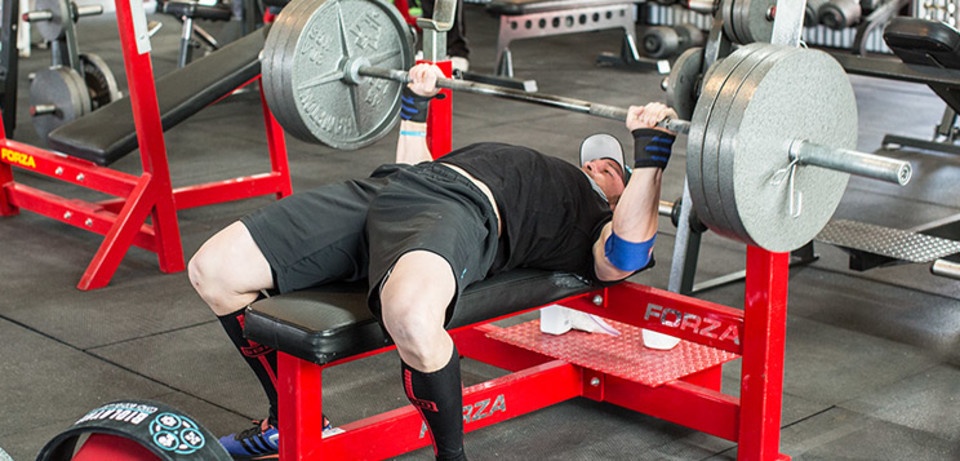Reasons why the bench press is not recommended
No doubt about it, the bench press remains one of the most common weight lift gym exercises, either indoor or outdoor. Of course, before even being considered as a technique in the gym, there must have been proven underlying advantages. Not so much as to nullify the underlying disadvantages, the bench press has consequences. To some, the techniques involved are injurious and have to be amended, to others, it simply has to be ruled out. But before you take any of these actions, it is very important to understand the reason why the bench press can be considered bad.
The bench press and your muscles
The bench press is indeed a weight exercise against gravity, that is, the movement against resistance. While engaging in the bench press at the gym, you engage the muscles of the chest region, especially the pectoral, anterior deltoid and triceps muscles. Even in extremes, when coordinated properly, it strengthens the rotator cuff grip, the par scapular muscles and the neck muscles. In addition, the lift attempts to strengthen and stabilise the trunk and core. As much as this sounds very interesting, there also comes a bad side with it.
To begin with, this perceived bad side stems from the general attitude to the bench press. You might wonder why I say this. Indeed there is a problem with the attitude towards the bench press! Let me shine a light on this. So far, the bench press has become so popular that even a first timer in the gym would want to feed his appetite with this exercise. On top of this, not much attention is given to this exercise by the gym instructors as it has become commonplace. It is now taken for granted. This means that people care so little about understanding the mechanics of the lift that it has become dangerous. To most of us, it is now understood to be a technique that involves only lying on your back and pushing barbell away from your chest a couple of times. This forms a lack of understanding and commitment to the movement.
The careless attitude toward the bench press results in some common complications.
Your bench press errors
Complications can arise from improper bench press technique; there are common mistakes that are associated with the bench press.
Overworking; most of the time, as it is our human nature, we feel when we do things harder and harder, results are close by. This is can also be applied to the bench press. When you become desperate and want quick results, you tend to engage in this lift exercise harder without observing the signs of overtraining. At such points, complications such as troubled sleep, poor nutrition and lack of strength for normal daily activities set in.
Bouncing the bar off your chest is also a common bench press error. Bouncing the bar off your chest automatically reduces tension on the muscles of the chest, also known as the pectoralis. This alone is enough to cause severe injury to the chest bone and the rib cage.
Bending the wrists; this is usually the case especially when returning the bar to the rack. The wrist tissues become stressed and you experience prolonged wrist pain.
The bench press can injure you
Generally, the bench press exercise comes with several injuries which in extreme cases are severe and would need immediate attention of a medical practitioner. Most of the common injuries come in the following forms;
- Fractured or broken ribs; this injury results from bouncing the weighted bar off your chest. While trying to increase momentum in lifting the bar, a sudden loss of strength results to loss of grip of the bar. The bar exerts its weight on the chest bones either cracking or breaking it.
- Trapezius muscle injuries; this develops from the rigorous stress and strain on this muscle. This is accompanied with persistent pain.
- Back injuries resulting from arching: By arching, you curve your lower back into an arc shape while trying to lift the bar. This is the case when we do not compress the stomach muscles to force the lower back down. The bridging twists the back muscles resulting in tearing in overstressed conditions.
- Torn shoulder ligaments and tendons; while we constantly twist the pectoral limbs, the muscles set the ligaments and the tendons into action. With much hard work to achieve the desired result, you overstress these muscles. This results to torn ligaments and tendons. Accompanying this condition is consistent pain around the shoulder region.
However, another key disadvantage and one of the reasons the bench press or squat max rep test is not recommended is that most of the time you will overestimate yourself. If you are a beginner or lack proper instruction you might want to consider other exercises first.
Further reading
Bench press like a powerlifter


